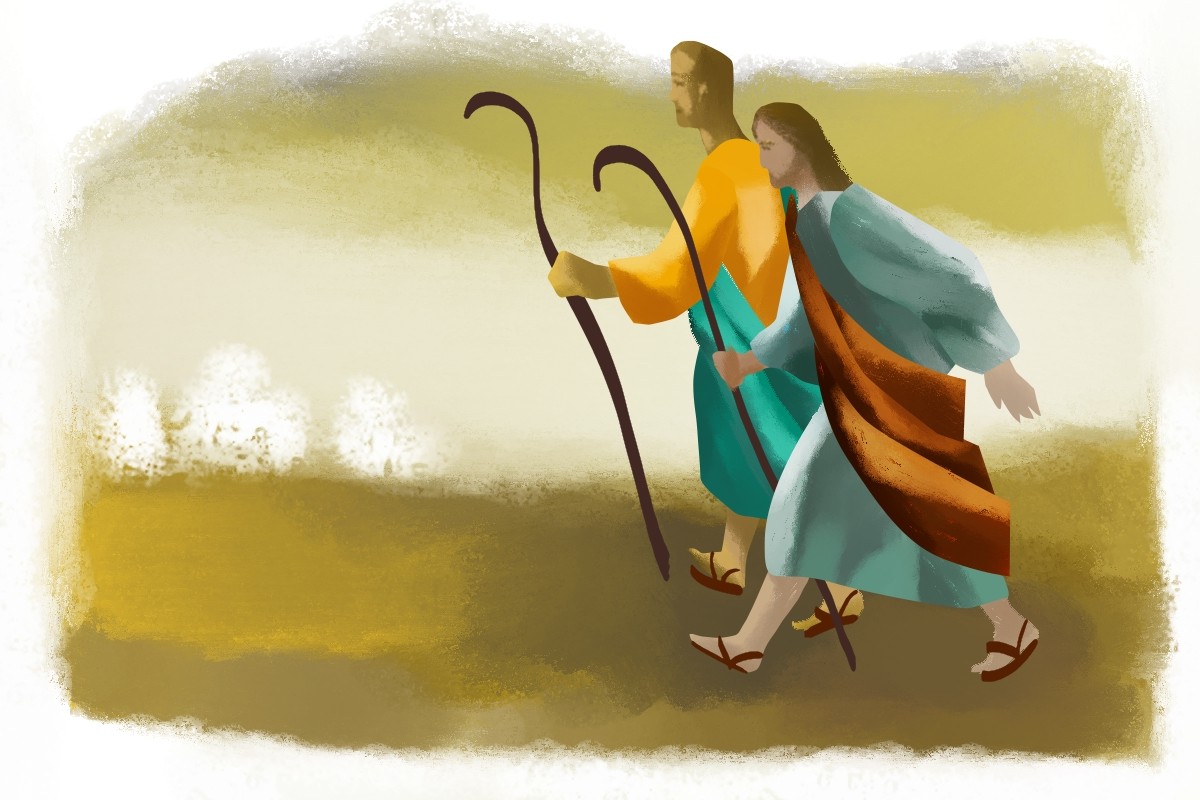
There are many ways that we can train people to take on new tasks or fill a responsibility. We might take the approach of a parent, a classroom teacher, an online educator or a coach. The way that Jesus trained his disciples seems closest to what we might term a traditional apprenticeship model. The disciples first spent a lot of time with Jesus observing both his teaching and his actions, and then Jesus sent them out in pairs to extend his ministry in new places (Mark 6:7-13). They are tasked with proclaiming a message of repentance, healing the sick and casting out unclean spirits – the same ministries that have occupied Jesus.
The key instructions they are given are to go out together in pairs, to travel light and to rely on the hospitality of others. The team ministry approach makes sense to us as we can share the gifts we have and benefit from the encouragement and support of at least one other person. Jesus’ instruction to travel light – no money, no spare clothing, no food – sits less easily with us. Rather than being independent, it means reliance on others and also reliant on God. The third aspect is going out to people where they are and relying on them for hospitality. This is often the opposite to our approach of inviting people to share our space with our rules.
It seems that the disciples were quite successful in extending and replicating Jesus’ ministry. They had learned well from Jesus. How would we fare in following Jesus’ instructions for mission and ministry? Are we prepared to travel light, go to where the needs are and then rely on the hospitality of others? If not, what might have to change or what might we need to let go of?

